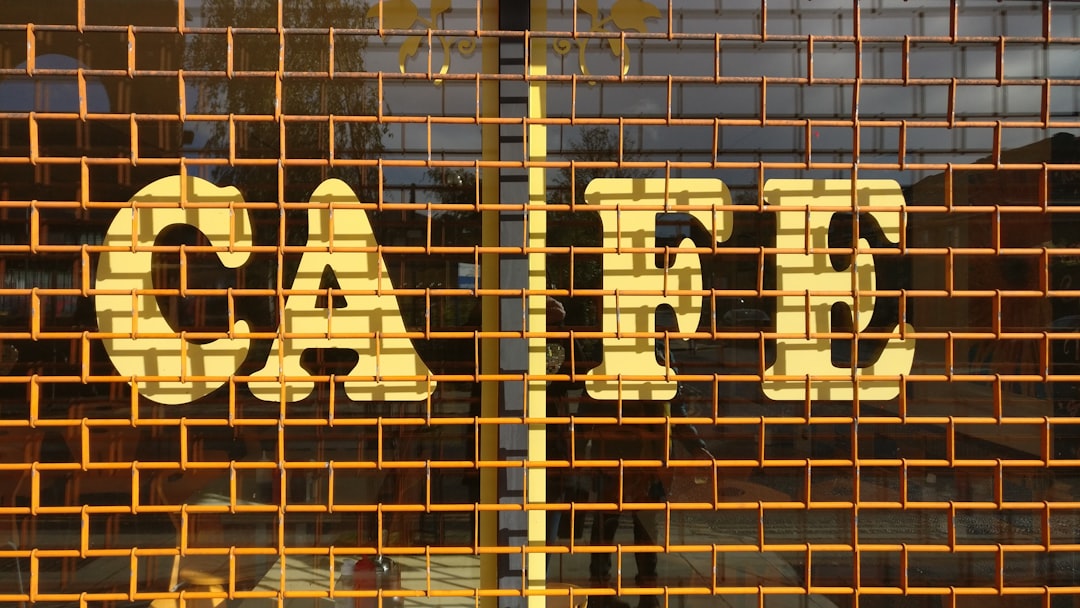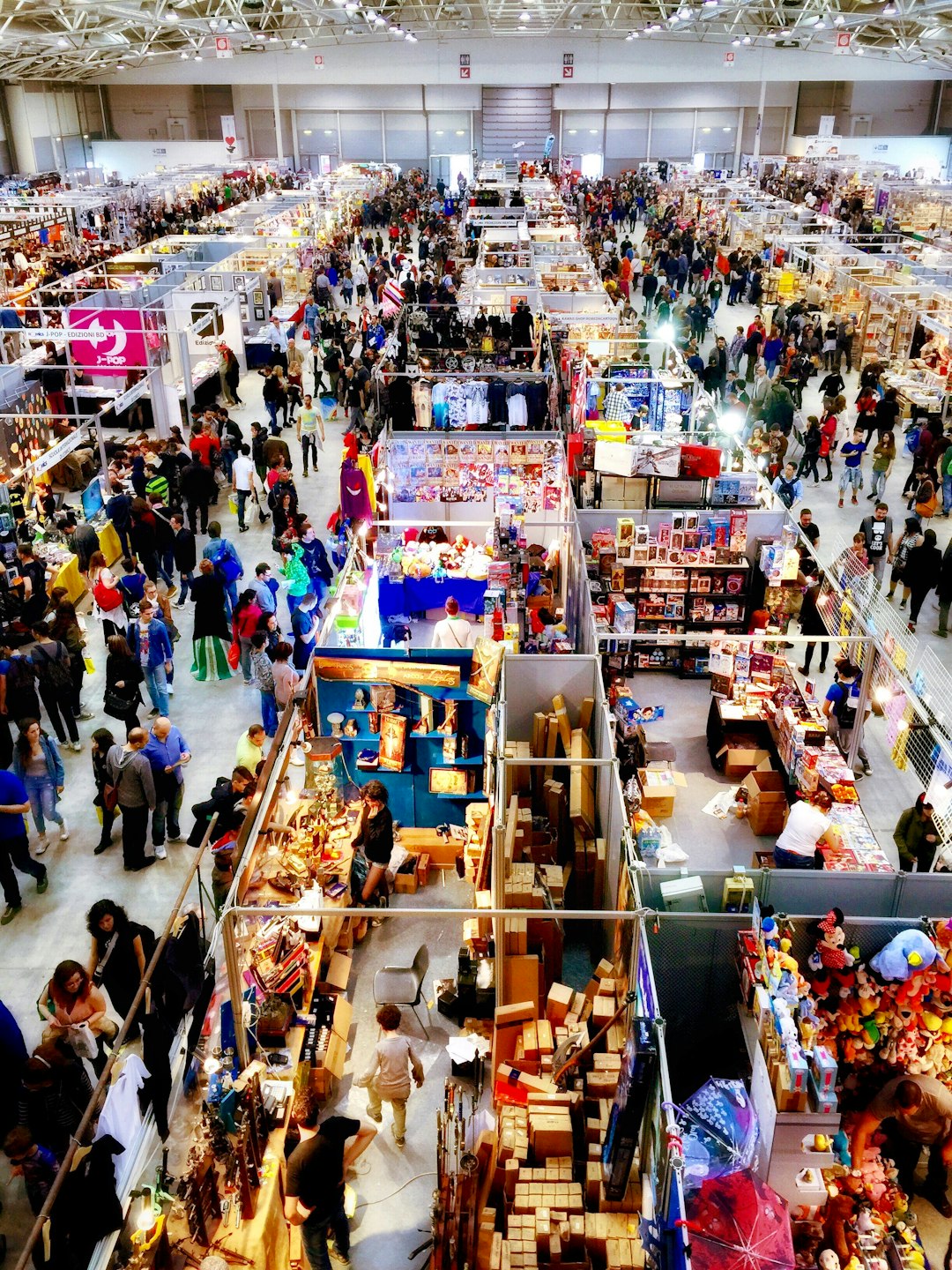France has long been a powerhouse in European e-commerce, and as of 2025, the marketplace landscape continues to evolve rapidly. The rise in consumer expectations, technological innovation, and global competition has transformed the way French consumers shop online. From household names to emerging platforms, the French e-commerce space is both dynamic and diverse. In this article, we analyze the top five online marketplaces in France for 2025, based on user traffic, seller confidence, logistics capabilities, and consumer trust.
Table of Contents
1. Amazon France
Amazon remains the undisputed leader in the French e-commerce sector. With millions of active users and an extensive catalog covering virtually every product category, Amazon.fr continues to dominate due to its rapid delivery, extensive Prime ecosystem, and customer service excellence. In 2025, Amazon’s presence has intensified with localized warehouses and French-language customer support that meet EU digital regulations.
Amazon has also invested heavily in sustainable shipping and AI-driven product discovery, making the platform both efficient and environmentally conscious.

2. Cdiscount
Founded in Bordeaux, Cdiscount is one of the most trusted homegrown marketplaces and has maintained a loyal customer base. In 2025, it is the second-largest e-commerce platform in France. Specializing in tech, home appliances, and consumer electronics, Cdiscount has seen growth due to competitive pricing, flash deals, and integration with local logistics networks.
In response to environmental concerns, Cdiscount also expanded its refurbished product catalog and partnered with green delivery providers, catering to eco-conscious buyers.
3. Fnac-Darty
The merger of Fnac and Darty has proven resilient in the online space, offering both cultural products and household appliances. By 2025, Fnac-Darty has transitioned from being just brick-and-mortar focused to becoming a hybrid force in omnichannel retail. With more than 900 stores across Europe acting as pickup points or mini fulfillment centers, they’ve narrowed delivery timelines significantly.
Fnac-Darty also emphasizes product expertise and post-sale support, which resonates with shoppers seeking trustworthy advice on high-involvement purchases like electronics and kitchen equipment.

4. Veepee
Previously known as Vente-Privee, Veepee specializes in flash sales and limited-time discounts on fashion, travel, and lifestyle products. Despite its niche-like model, it ranks high due to its unique approach to value-based shopping. It partners directly with luxury and high-end brands to clear overstocked inventory, providing customers with trusted quality at reduced prices.
By leveraging AI algorithms to tailor promotions to user preferences, and expanding into premium experiences and event sales, Veepee continues to set itself apart from traditional discount platforms in 2025.
5. Rue du Commerce
Rue du Commerce has recently reinvented itself to cater more precisely to French consumers looking for tech products. While it may not match Amazon in volume, it has gained trust through transparent seller policies, competitive pricing, and curated content. Owned by the Carrefour Group, Rue du Commerce benefits from the synergy of physical retail and digital growth efforts.
The platform has enhanced its user experience with VR-enabled product displays and real-time customer support, strengthening its position among consumers wary of impersonal global giants.

Conclusion
The French marketplace sector in 2025 showcases a balance between global giants and trusted domestic players. While Amazon France continues to lead, strong local platforms such as Cdiscount and Fnac-Darty provide compelling alternatives rooted in regional knowledge and customer rapport. Flash sale innovators like Veepee and specialized retailers like Rue du Commerce address niche segments, serving to diversify consumer choice.
As the French e-commerce market matures, transparency, trust, and tailored service become key differentiators. Consumers are expecting not just speed, but also ethical practices, sustainability, and post-purchase care. The platforms that will continue to thrive are those that adapt continuously and prioritize user satisfaction in both experience and values.




